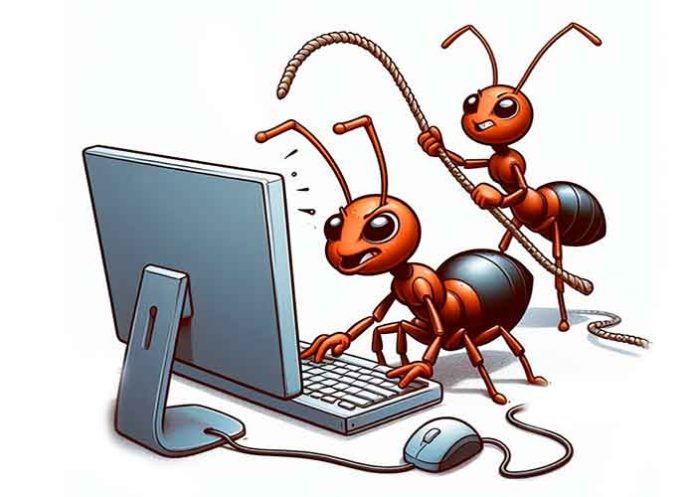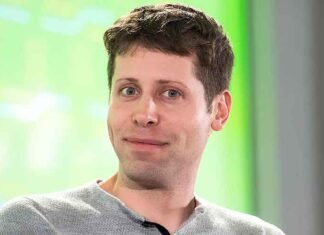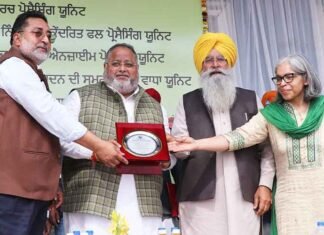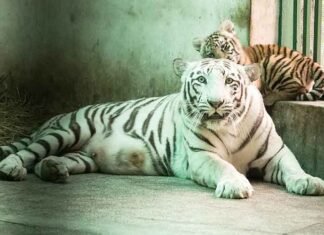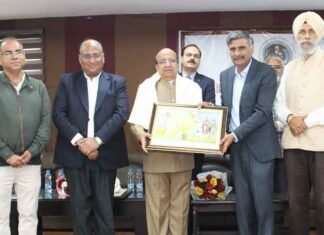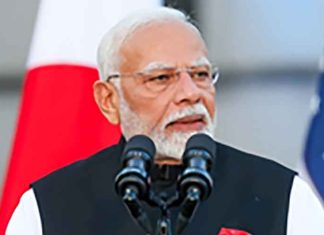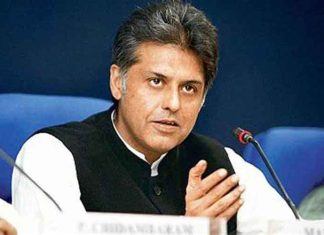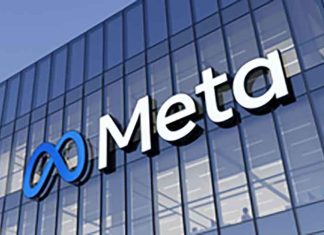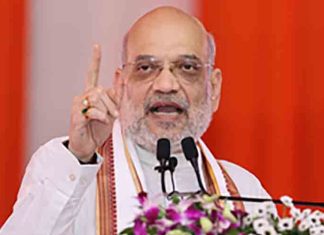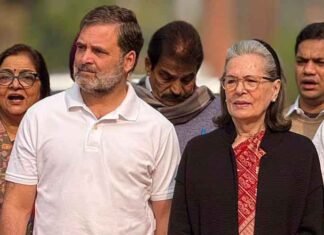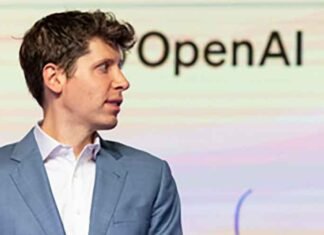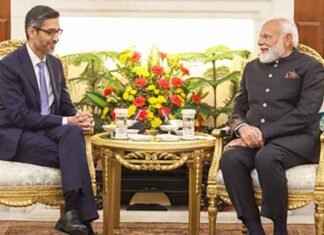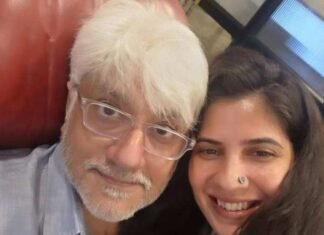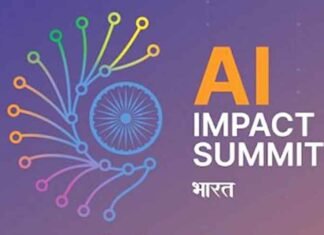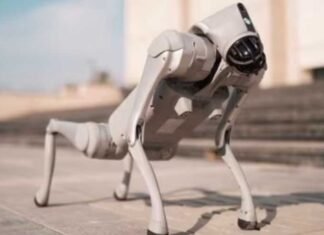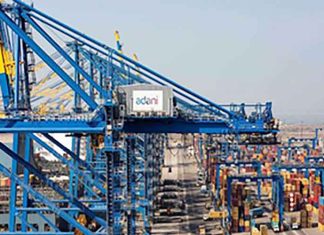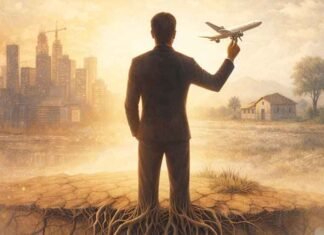In the ever-competitive world of business, ambitious leaders often look for ways to push boundaries. Recently, L&T Chairman SN Subrahmanyan joined a growing list of business magnates, including Elon Musk, Aadit Palicha, NR Narayana Murthy, and Shantanu Deshpande, advocating for longer workweeks.
Subrahmanyan’s desire for employees to work up to 90 hours a week, including Sundays, has sparked a debate on the limits of human endurance and the pursuit of success. This isn’t the first time such sentiments have been aired.
Musk famously said, “Nobody ever changed the world on 40 hours a week,” while other industry leaders have echoed similar beliefs. But is it realistic to expect humans to operate like ants, tirelessly laboring for the collective good?
Ants, nature’s epitome of hard work, have fascinated humans for centuries. They build intricate colonies, forage for food, and collaborate around the clock. Their labor is selfless and relentless, driven by instinct and a singular purpose: the survival of their colony.
Each ant works in short bursts, punctuated by micro-rests, ensuring the colony functions 24/7 without faltering. For them, there is no concept of burnout or individual well-being; their entire existence revolves around collective productivity.
But here lies the critical distinction: humans are not ants. While the ant’s tireless dedication might inspire metaphors, expecting humans to replicate such behavior overlooks fundamental differences in biology, psychology, and societal norms.
The Reality of Overwork: The push for extended workweeks often stems from a belief that more hours translate to greater productivity.
However, evidence suggests otherwise. Studies consistently show that excessive work hours lead to diminishing returns. Fatigue, decreased focus, and higher error rates are common consequences. Beyond productivity, the toll on employees’ mental and physical health can be severe.
Countries with shorter workweeks, like Denmark and the Netherlands, consistently rank higher in productivity and happiness. These nations prioritize work-life balance, proving that sustained output doesn’t necessitate endless hours. Instead, well-rested and motivated employees contribute more effectively to organizational success.
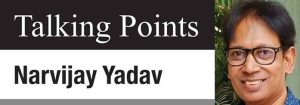
Humans Are Different: Unlike ants, humans thrive on creativity, innovation, and emotional well-being, qualities that require rest and mental space. Overloading employees may yield short-term gains but stifles long-term growth. Companies pushing for relentless work schedules risk fostering environments of burnout and dissatisfaction, leading to higher attrition rates and reduced morale.
Take Elon Musk, for example. While he is a celebrated visionary, his advocacy for grueling work hours has been criticized. Tesla employees have spoken about the extreme pressure and stress of such environments. Similarly, Aadit Palicha’s and Shantanu Deshpande’s endorsement of extended work hours might inspire ambition but often alienate the very workforce they depend on.
Balance is Necessary: Work-life balance is not just a buzzword; it is a necessity for sustaining a productive and healthy workforce. A balanced lifestyle allows employees to recharge, fostering innovation and problem-solving capabilities.
Mental health, once a taboo topic, is now recognized as a critical component of overall well-being. Employers who ignore these factors risk jeopardizing their workforce’s health and, by extension, the organization’s performance.
Progressive companies are already reaping the benefits of prioritizing balance. Policies like flexible work hours, remote work options, and mental health support programs are becoming the norm in forward-thinking organizations. These measures enhance employee satisfaction and improve loyalty and productivity.
While humans cannot emulate the relentless work ethic of ants, there is much to learn from their organizational strategies. Ants achieve remarkable efficiency through teamwork, resource optimization, and clearly defined roles.
Employers should focus on these principles rather than imposing grueling schedules. Encouraging collaboration, leveraging technology, and fostering a supportive environment can drive growth without overburdening employees.
In their quest for greatness, business leaders must remember that humans are not machines or ants. Productivity and success stem from a workforce that feels valued, rested, and inspired. Instead of pushing for longer hours, the focus should shift to smarter work strategies, better resource management, and a culture that prioritizes well-being.
The most successful organizations will be those that recognize the human element: embracing creativity, balance, and resilience. After all, while ants may build impressive colonies, humans are the ones who innovate, dream, and shape the future.




